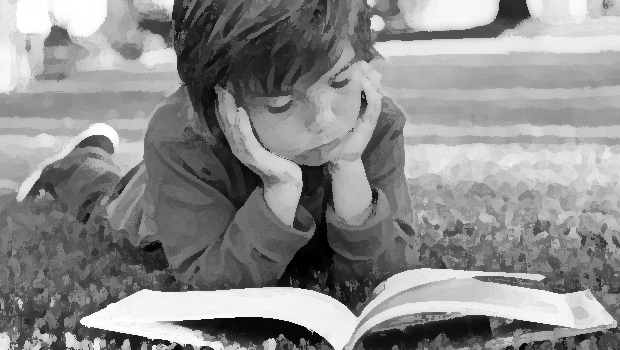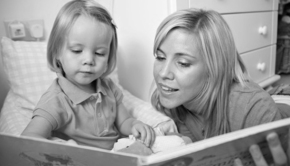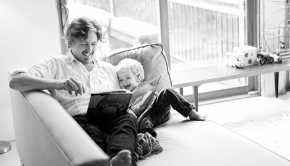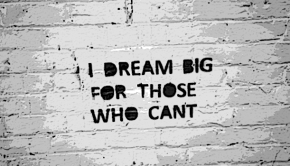Outdoor learning: Education’s next revolution?
Laura Smith | Salon
A growing body of research suggests that exposing students to nature could yield extraordinary results.
If you’ve been out of school for a while, your memory of time spent in classrooms may be bathed in a nostalgic glow. In reality, though, you probably spent a lot of your time looking at the clock, bored out of your mind. Most students are expected to sit in chairs and pay attention for as many as eight hours per day–and that is even before taking homework into account. Considering these long hours, it’s no surprise that many students report feeling bogged down by drudgery. An Indiana State University study found that nearly half of students feel bored everyday, half of students report skipping school at least “once or twice,” and 20 percent consider dropping out entirely. Disengagement is — and perhaps always has been — one of education’s greatest quandaries.
But what if the problem with school is the building itself, the brick-and-mortar structure wherein rows (or sometimes semi-circles) of desks face an oppressive whiteboard? Erin Kenny, the founder of the U.S.’s first “forest kindergarten,” Cedarsong Nature School, thinks that is exactly the problem. She established her “forest kindergarten” on Puget Sound’s Vashon Island in 2007. Rain or shine, the school operates entirely outdoors, serving children ages two to six. Every day, parents drop their children off at the trailhead, and the kindergarteners proceed to a day of place-based, naturalist education on Cedarsong’s five acres of forest. Kenny reports that engagement is high and credits the student-led, outdoor curriculum.
“As soon as they are interested in a subject and they light up about that,” said Kenny, “that’s when you want to move in and dispense accurate naturalist information because that’s when the deep learning is taking place.”








